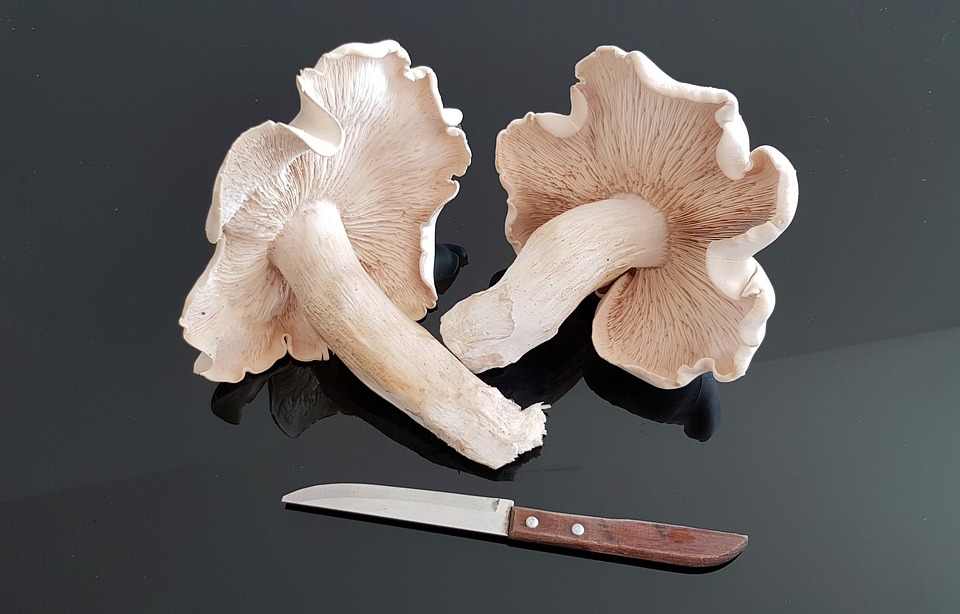Introduction
Growing your own food is not only a satisfying and rewarding experience but also a way to ensure the quality and freshness of the produce you consume. Edible gardening is a practice that allows individuals to connect with nature, promote sustainability, and reap a variety of benefits. Whether you have a small balcony or a spacious backyard, cultivating your own edible garden can bring joy, nourishment, and a sense of accomplishment.
The Health Perks of Edible Gardening
Having access to fresh, homegrown produce offers numerous health benefits. Here are a few reasons why edible gardening promotes well-being:
- Nutrient-Rich Food: Consuming fruits and vegetables straight from your garden ensures that you are getting the maximum nutritional value.
- Reduced Chemical Exposure: By growing your own food, you have control over pesticide and fertilizer use, reducing your exposure to potentially harmful chemicals.
- Increased Physical Activity: Gardening is a physical activity that can increase your daily exercise, promoting cardiovascular health and muscle tone.
- Mental Health Benefits: Working in a garden can reduce stress, improve mood, and provide a sense of purpose and fulfillment.
Connecting with Nature
Edible gardening is the perfect opportunity to immerse yourself in nature and establish a deeper connection with the environment. Here’s why it’s beneficial:
- Environmental Sustainability: Growing your own food reduces the carbon footprint associated with production, transportation, and packaging of store-bought produce.
- Appreciating the Seasons: Gardening allows you to witness the beauty of nature and its cyclical patterns as you observe your plants grow, bloom, and bear fruit throughout the seasons.
- Teaching Children: Involving children in edible gardening helps them develop an understanding of where food comes from, fostering a love for nature and a healthier relationship with food.
- Biodiversity and Habitat Creation: By cultivating a diverse range of edible plants, you can attract beneficial wildlife, such as bees, butterflies, and birds, to your garden, creating a mini-ecosystem.
Getting Started with Edible Gardening
Interested in starting your own edible garden? Follow these tips to set yourself up for success:
- Assess Your Space: Determine the amount of available space and sunlight in your garden or balcony. Consider container gardening if space is limited.
- Select Appropriate Crops: Choose crops that are suitable for your local climate and the available growing season to ensure optimal growth and harvest.
- Prepare Your Soil: Invest in good soil by adding compost or organic matter to ensure proper drainage and nutrient availability for your plants.
- Plan and Plant: Determine the layout of your garden and establish a planting schedule based on the specific requirements of each crop.
- Water and Maintain: Regularly water your plants, control pests, and provide organic fertilizers as needed to ensure healthy growth.
- Harvest and Enjoy: The ultimate reward of edible gardening is the satisfaction of harvesting your homegrown produce. Enjoy the flavors and freshness of your hard work!
FAQs Section
Can anyone grow an edible garden?
Yes! Edible gardening is accessible to everyone, regardless of the size of your living space or prior gardening experience. With a little research and determination, anyone can successfully grow their own food.
What can I grow in a small apartment?
Even in a small apartment, you can grow a variety of herbs, leafy greens, and cherry tomatoes in containers. Vertical gardening or hanging baskets can maximize your available space.
How much time does edible gardening require?
The time required for edible gardening varies depending on the size of your garden and the crops you choose to grow. On average, expect to spend a few hours a week planting, watering, and maintaining your garden.
What if I don’t have a green thumb?
Edible gardening is a learning process, and mistakes happen even for experienced gardeners. Start with easy-to-grow crops, seek advice from local gardening communities, and learn from trial and error. With time, you’ll improve your gardening skills.
Can edible gardening save money?
While the initial investment in gardening supplies may be necessary, growing your own food can lead to significant savings over time. The cost of purchasing produce from the grocery store can be considerably higher than the cost of seeds or seedlings.




